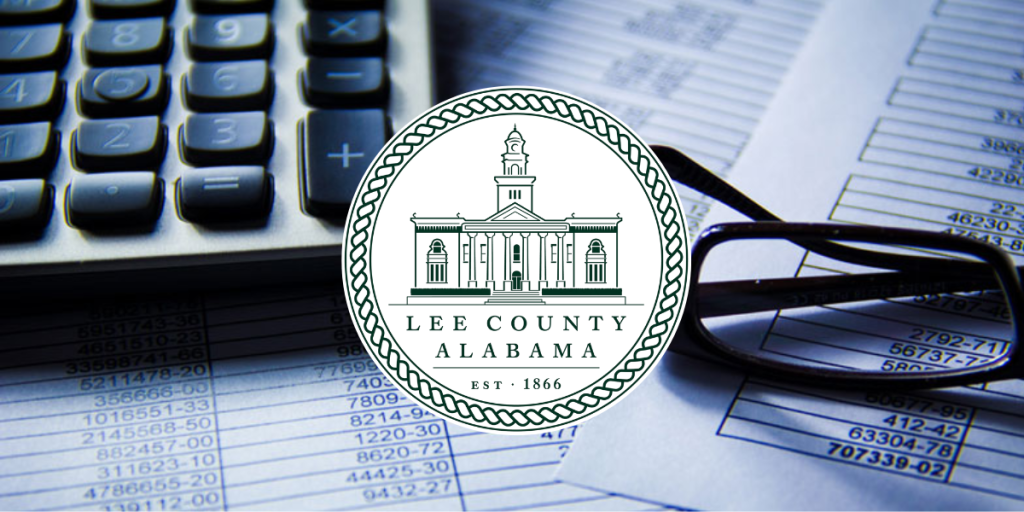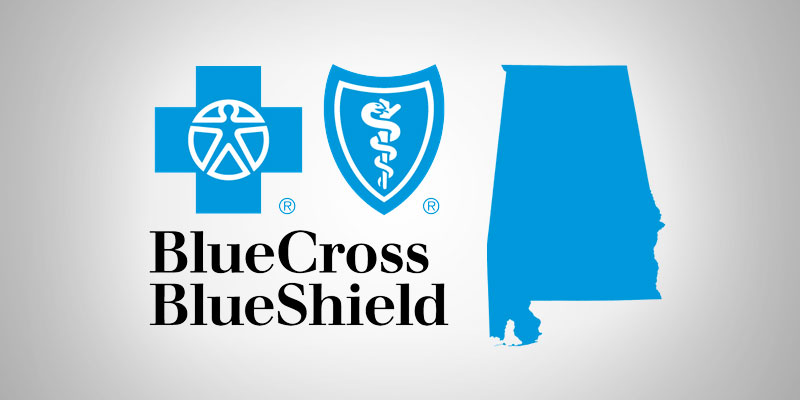My 10-year-old grandson asked me to join in an Easter egg hunt.
“I’ll versus you,” he said.
I was puzzled until my daughter explained this means “challenge.”
“It’s slang,” his 12-year-old brother added.
He did “versus” me, and miraculously, he won, and claimed the five-dollar prize!
Every generation has slang, defined as a shorthand understood by that generation. My generation used words like “groovy,” “dweeb” and “take a chill pill.” More recently we’ve heard words like “epic fail,” “skrilla,” “bling” and “diss.” And a COVID vaccine shot is now a “Fauci ouchie.”
Closely akin to slang is jargon, the shorthand language of vocation. Thus there’s medical jargon, military jargon, computer jargon and theological jargon. I’ve been with families after surgeries when the doctor explained the outcome. And I’ve heard them say, “Doc, can you say that again? I’m afraid I don’t understand what you said.”
I think the worst offenders are our brave men and women in uniform. Their code words leave the rest of us in befuddlement. Who knows what “bivouac at 1835 hours” means?
Of course, religious leaders have our own slang. A pastor might say, “Today I want to deliver an expository discourse on eschatology,” or “I will speak about the hypostatic union of Christ.” And we’ve heard enough about “tracking” and “unpacking” to last a lifetime.
Jargon and slang are appropriate if the audience is one’s age group or workmates, but not appropriate for a general audience for which they convey no meaning.
Furthermore, Bruce Barton in “The Man Nobody Knows” argued that great language is “marvelously simple.” He gave three examples:
Our Father which art in Heaven, hallowed be thy name.
The Lord is my shepherd; I shall not want.
Four score and seven years ago . . .
Barton further noted, “Not a single three-syllable word; hardly any two-syllable words. All the greatest things in human life are one-syllable things—love, joy, hope, home, child, wife, trust, faith, God—and the great pieces of writing, generally speaking, use the small word in place of the large if meaning permits.”
The Apostle Paul agreed, I think, when he explained the preeminence of a clear gospel word over an ecstatic utterance. “I’d rather speak five words clearly understood than ten thousand words in a tongue,” he wrote (1 Corinthians 14:19). Thus it’s 2,000 times better to speak a clear word in worship than a word liable to be misunderstood.
Slang and jargon and technical words have their place, but when someone explains the love of God for us all, and his wonderful offer of mercy and forgiveness, we must be sure our words are clear and clearly understood by those who hear.
Reflections is a weekly devotional feature written by Michael J. Brooks, pastor of the Siluria Baptist Church, Alabaster, Alabama. The church’s website is siluriabaptist.com.













